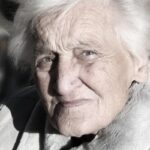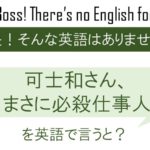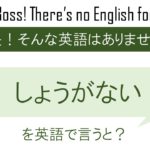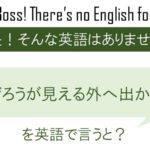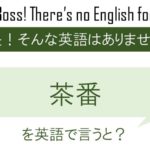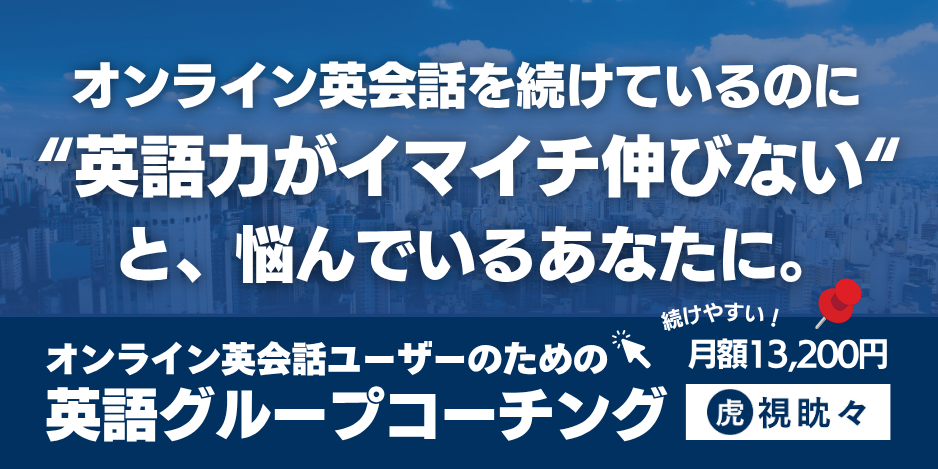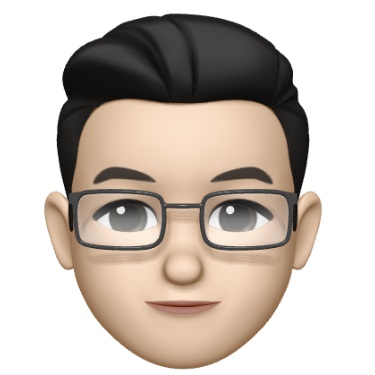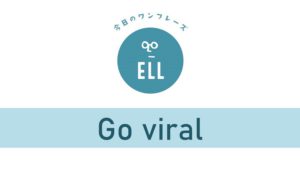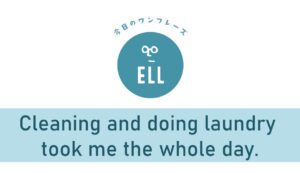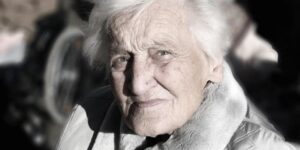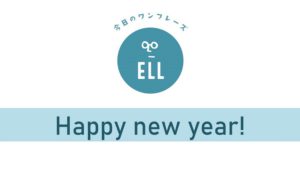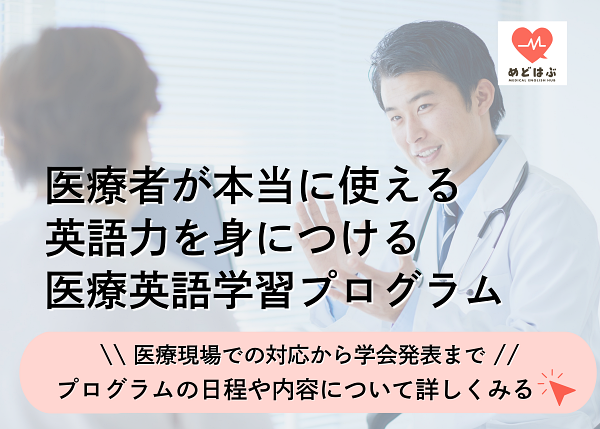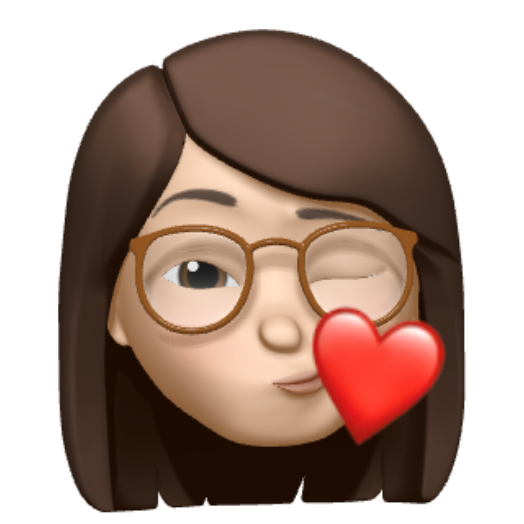
After university, in 2005, I volunteered with an organization called the Peace Corps (pronounced: ‘kor’) and went to live in a country called Togo. President John F Kennedy started the Peace Corps in a government program in the 1960’s. The name is very interesting, the word “corps” usually refers to a part of the army, but the idea of Peace Corps is where the organization is fighting for peace.
The Peace Corps program has three goals:
1.To help people in other countries by providing training.
2.To help people in other countries better understand Americans and American culture.
3.To help Americans better understand foreign culture and points of view.
When I was in the Peace Corps, we could not pick our country or program. The Peace Corps looks at our resume and selects a country based on our background and resume. I was assigned to the “Girls Education and Empowerment Program” in Togo. Togo is a small West African country next to Ghana. I think I was mainly assigned to Togo because I had studied French in high school and Togo is a French speaking country.
The girls education program was to promote gender equality in Togo. There are many issues of gender inequality in Togo. According to the World Bank, in 2000, only 15.3% of girls went to junior high school compared to 31.4% of boys. Often girls’ families would prefer for them to stay at home and do the housework. Forced marriages, sometimes to much older husbands, was also quite common.
I completed a three-month training session in the south of Togo. In the training we took intensive French lessons, learned educational techniques, and took HIV/AIDS education and gender equality training.
After my training I was assigned to the village of M’Poti, which was located in the center of the country. My village had a population of about 2000 people. It had no electricity, no phone access, and no running water. I used candles for light, had to use the phone in a town 20 kilometers away and got my water from a river.
In the village I gave talks on the importance of education and encouraged them to stay in school. I also trained peer educators; peer educators are girls and boys at the school who can teach each other about gender equality. I also organized several events in the village for things like AIDS day and International Women’s day.
The biggest event I helped organize was AIDS Ride Togo. This was a weeklong event in which all of the volunteers in Togo worked together. I was one of the national coordinators for the 2006 AIDS Ride. The goal of the ride is to educate people in very rural locations about HIV and AIDS. Some of these villages are located in places with small dirt roads that cars cannot get to. We had to ride bikes to get to these off the beaten path locations.
Truthfully, I think it was a very good experience for me but I’m not sure how much long term good I did. My only hope is that those education sessions did some small good. I did talk to my Peace Corps supervisor several years ago. She had visited the village and they said that they preferred me to my replacement because I was much more active and serious about the work.
Nathaniel
Vocabulary
empowerment (n) – the process of gaining freedom and power to do what you want or to control what happens to you
gender equality (n) – the act of treating women and men equally
intensive (adj.) – involving a lot of effort or activity in a short period of time
peer (n) – a person who is the same age or has the same social position or the same abilities as other people in a group
off the beaten path (idiom) – not known or popular with many people
英語学習をフルサポート!
マンツーマン&コーチングの英会話教室


